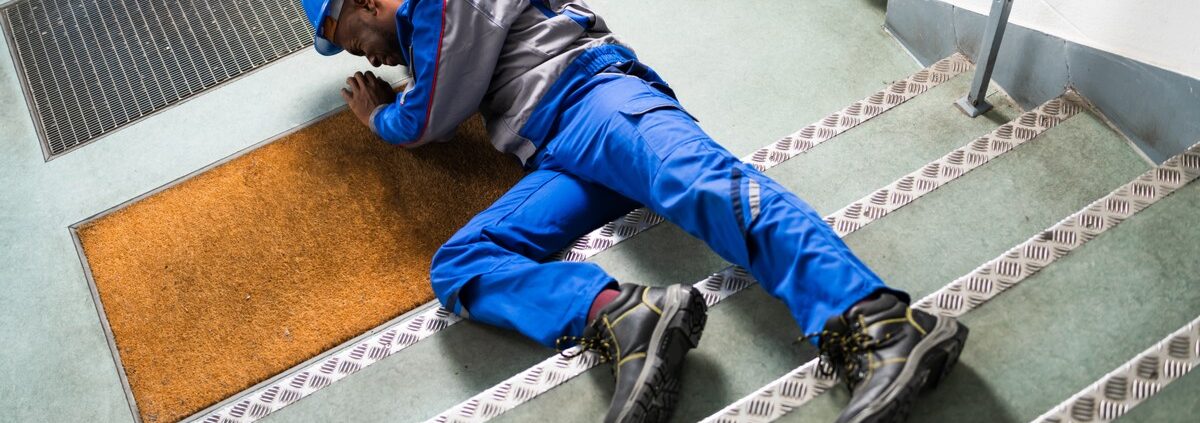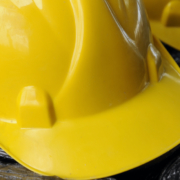OSHA and Its Fatal Four Construction Accidents
As per the Occupational Safety and Health Administration (OSHA), 4,836 workers were killed at work in its fiscal year between October 1, 2015 and September 30, 2016. Of those fatalities, 21.4 percent of them occurred in the construction industry. That’s 937 construction industry deaths, or more than 13 every day. There were four leading causes of construction industry fatalities. Those were falls, being struck by falling objects, electrocution and being pinned between two objects. These “fatal four” types of fatalities accounted for 62.4 percent of all construction industry deaths in the subject fiscal year.
Falls
By an overwhelming margin, falls were the leading cause of construction accident deaths for the period examined. There were 364 deaths from falls that consisted of 38.8 percent of the 937 construction industry deaths. Falls occur from ladders, scaffolds, roofs, floor holes, slips and trips. OSHA reports that fall protection like safety harnesses, nets and guardrails might save the lives of nearly 400 construction workers annually.
Struck by an Object
Construction workers being struck by objects and killed occurred 90 times and accounted for 9.6 percent of all construction site fatalities. These accidents usually occur when a worker is hit from above by a falling object like materials, machinery or tools. Depending on the facts surrounding the accident, a motor vehicle fatality might also be classified as being struck by an object.
Electrocution
Exposure to electricity on a job site continues to be a statistically significant cause of death for construction workers. Working with or around live wires always presents a risk to construction workers. It’s not only electricians who get electrocuted on job sites. Laborers, carpenters, plumbers and roofers also die from electrocution. A lack of fundamental knowledge of electricity contributes to these deaths. A total of 67 construction workers died by electrocution during the period at issue. They accounted for 8.6 percent of all construction industry deaths.
Caught in Between Objects
OSHA categorizes what are known as “caught in between” accidents as workers killed when they’re pinned or compressed by equipment or objects, materials or collapsing structures. There were 67 construction accident fatalities from workers being caught in between objects. They accounted for 7.2 percent of the fiscal year’s construction accident fatalities.
Compensation for Construction Accident Fatalities
The federal government established OSHA for purposes of promulgating workplace standards and regulations that help prevent “fatal four” accidents. Each state also has its own workers’ compensation laws that the families of construction workers who died on the job can rely on, but there are limitations on such benefits. The general rule is that workers’ compensation benefits are the sole and exclusive remedy for a construction site death, but there are exceptions to that rule that might operate to provide additional and increased compensation under state wrongful death laws.
In any death resulting from a construction accident, OSHA standards and regulations were likely violated. A respected and experienced personal injury attorney will listen carefully to you about the facts surrounding your family member’s construction accident death. Upon being retained to represent your loved one’s estate and family, a professional investigation will be conducted that will identify all possible parties who might be responsible for your family member’s death. You’ll then be thoroughly advised of your legal options. Beware of attorneys who might ask you for a retainer fee. Reputable personal injury and workers’ compensation lawyers will advance the costs of bringing a claim or lawsuit, and they won’t ask for payment of those costs or any legal fees until such time as there is a settlement or verdict. Call 855-768-8845 for a FREE consultation.












Leave a Reply
Want to join the discussion?Feel free to contribute!